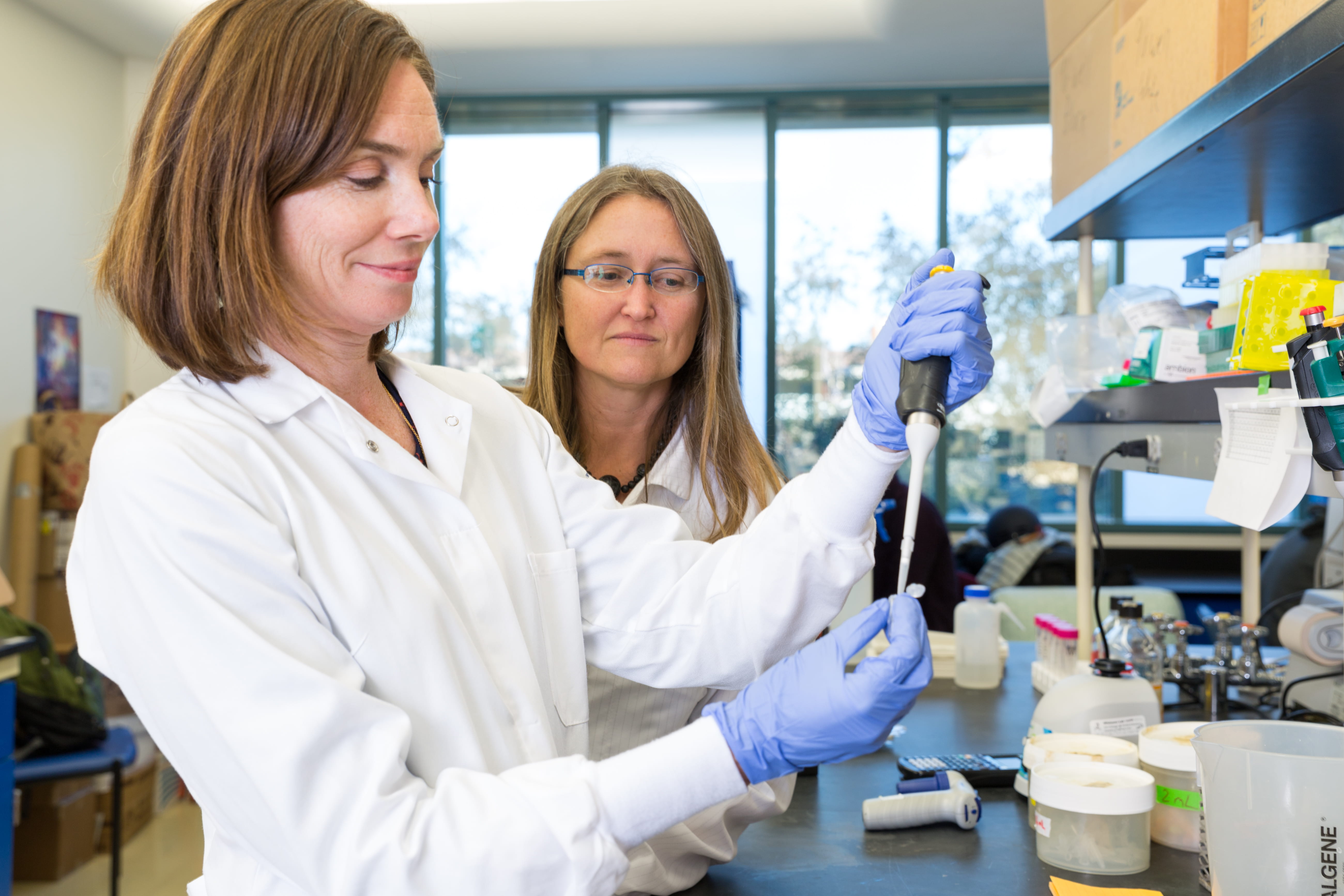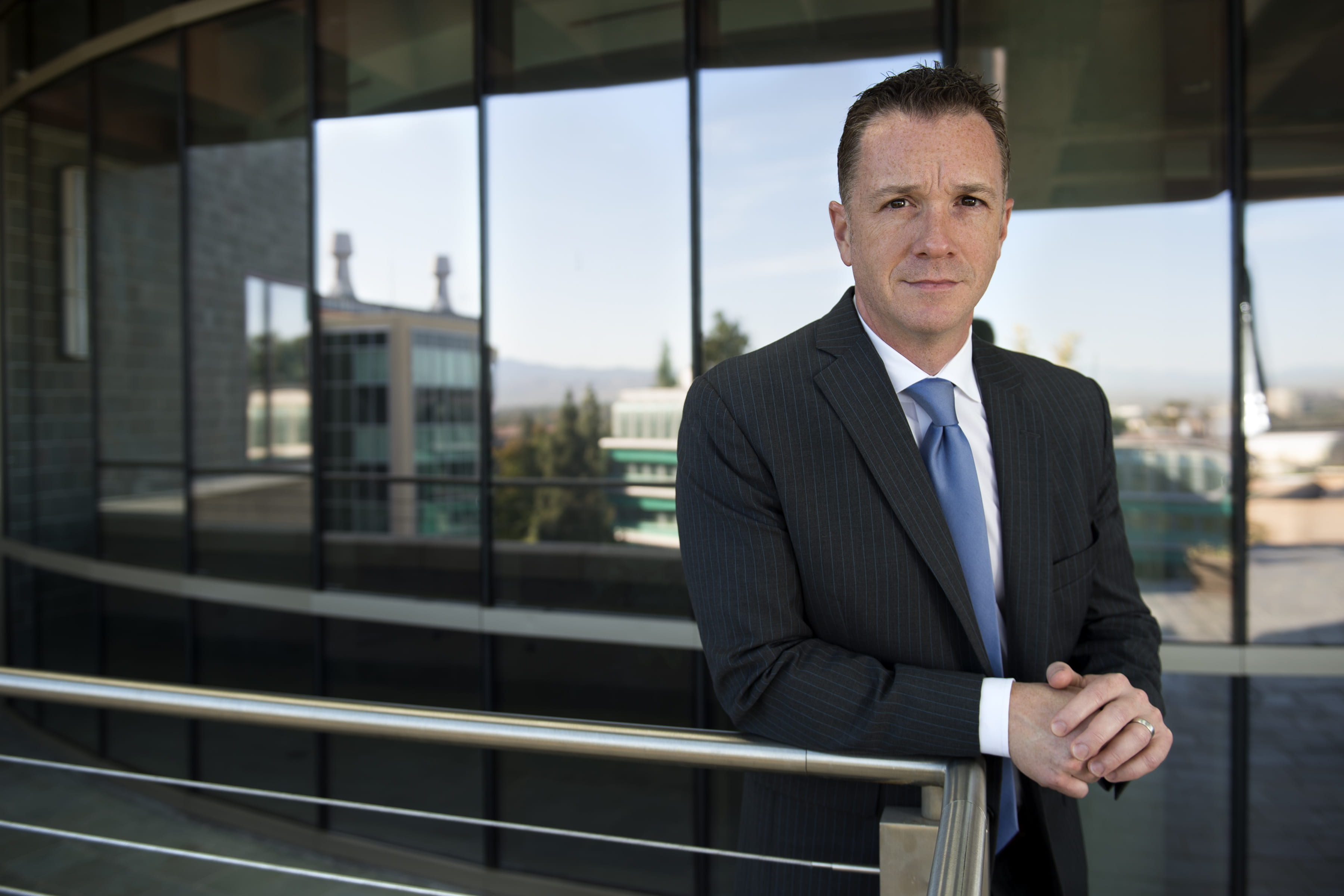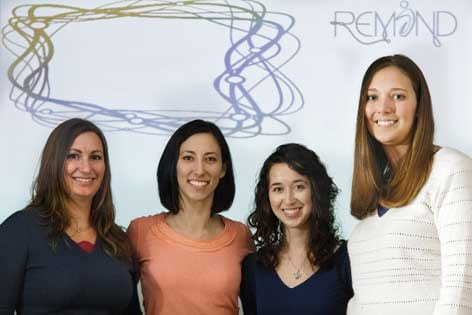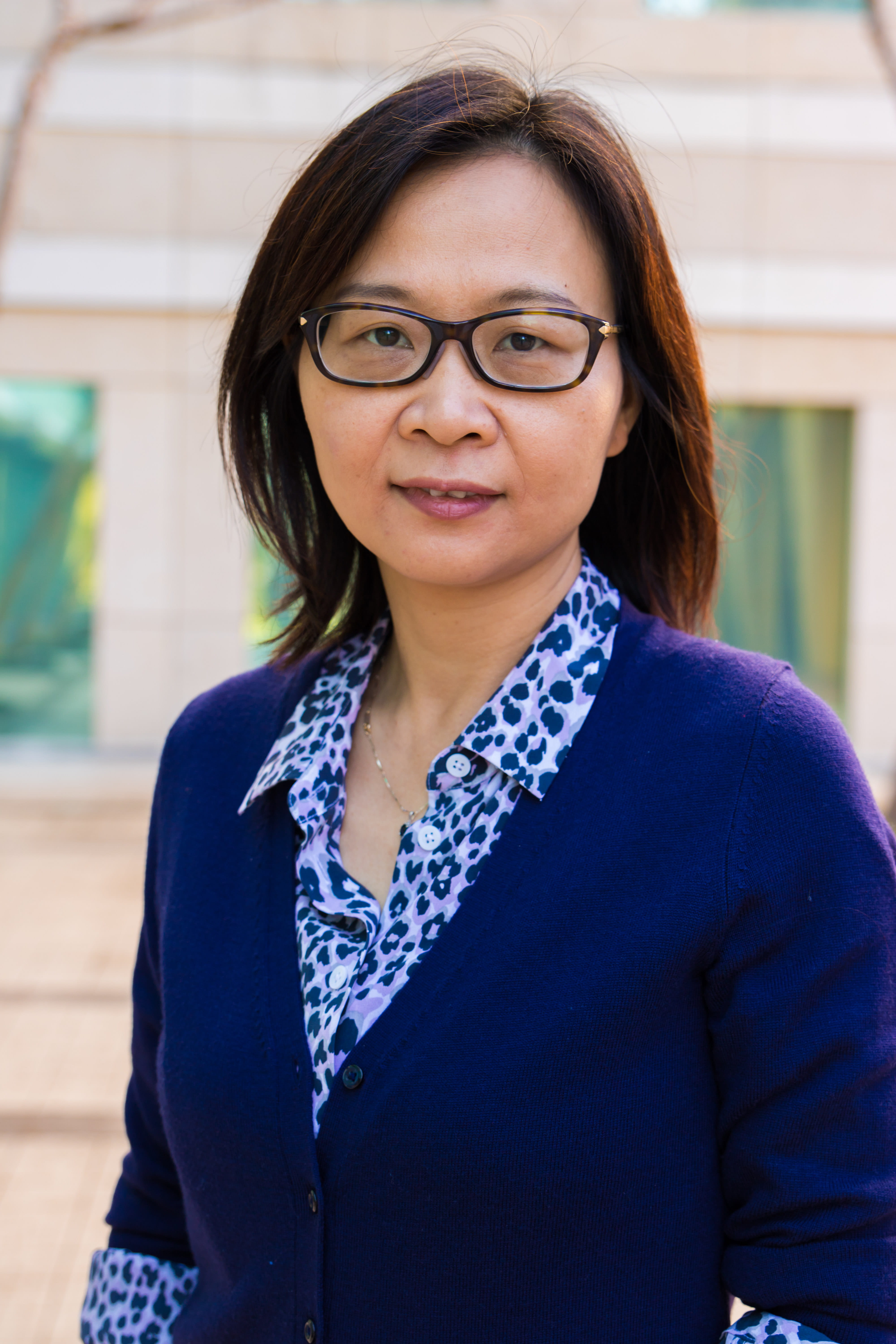UCI biologists spearhead creation of Microbiome Centers Consortium
New network aims to share strategies, accelerate knowledge

Irvine, Calif., Dec. 23, 2019 — From probing the ocean depths to deciphering human health mysteries, researchers across scientific disciplines are increasingly including microbiomes in their work. The Microbiome Centers Consortium has been launched by two University of California, Irvine School of Bioscience faculty members to advance growth in this life science field, increasingly recognized as relevant to many other disciplines and industrial applications.
Jennifer Martiny, UCI professor of ecology and evolutionary biology, Katrine Whiteson, UCI assistant professor of molecular biology and biochemistry, co-authored a paper in the current issue of the online journal Nature Microbiology describing the new organization and its mission.
“I noticed that microbiome centers were emerging at a fast pace and wanted to understand what their roles are and if there are similarities between them,” Martiny said. “I thought that if we could come together, we could pool concepts and strategies that would help all of us. We could begin to build an infrastructure for a life science that is expanding at an extraordinary pace. During the year of planning leading up to the MCC’s launch, the number of microbiome centers more than doubled, to more than 80.”
A primary purpose of the centers is to help researchers across scientific areas incorporate microbiomes into their work. With the demand growing, centers are finding it difficult to provide this service to all who need it. Many are also grappling with how to best train researchers at mid-career and beyond on the diverse range of microbiome science techniques, including study and experiment design, DNA sequencing, data analysis and metabolomics, the large-scale investigation of small molecules known as metabolites.
The centers’ structure and funding are also challenging, because more than 85% of those on academic campuses rely on short-term internal financial sources and faculty who are contributing time voluntarily. While this approach suffices for starting a center, it is not feasible for sustaining it for the long run.
In June, the UCI Microbiome Initiative, of which Martiny is director and Whiteson is associate director, hosted more than 50 experts from 28 microbiome centers at the Beckman Center of the National Academies of Sciences & Engineering. The two-day event was funded by the National Science Foundation, the Office of Naval Research, the Gordon and Betty Moore Foundation and UCI.
“It’s very exciting to learn from each other and share ways we can move this very dynamic scientific field forward to the benefit of all,” Whiteson said. “We are at the frontier of new questions and by coming together, we can develop the best answers. We are actively encouraging microbiome centers to join the network.”
Researchers and scientists from universities across the country and government agencies also contributed to the paper.
About the University of California, Irvine: Founded in 1965, UCI is the youngest member of the prestigious Association of American Universities. The campus has produced three Nobel laureates and is known for its academic achievement, premier research, innovation and anteater mascot. Led by Chancellor Howard Gillman, UCI has more than 36,000 students and offers 222 degree programs. It’s located in one of the world’s safest and most economically vibrant communities and is Orange County’s second-largest employer, contributing $5 billion annually to the local economy. For more on UCI, visit www.uci.edu.
Media access: Radio programs/stations may, for a fee, use an on-campus ISDN line to interview UCI faculty and experts, subject to availability and university approval. For more UCI news, visit wp.communications.uci.edu. Additional resources for journalists may be found at communications.uci.edu/for-journalists.


